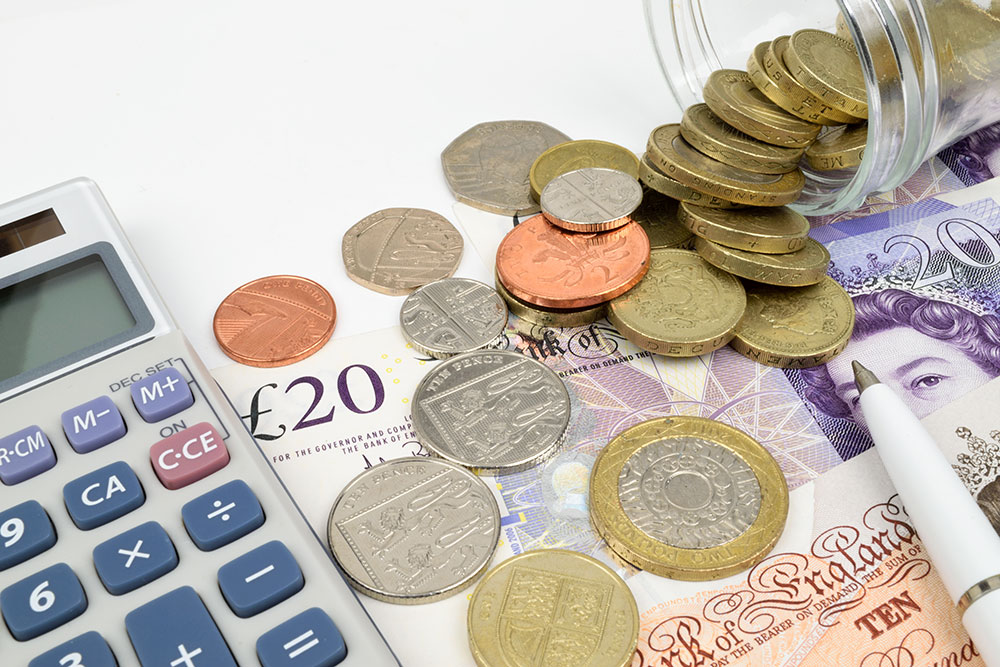
How to be a man
How to be a man, the Channel 4 two-part programme which launched this week, promised a lot...read more
There aren’t many downsides to being a freelancer, but one of them is undoubtedly the hassle connected with accounting, tax and national insurance. Here’s how National Insurance works if you are a freelancer.

Unfortunately, in the UK there’s more to freelance bookkeeping than sending an invoice for your work at the end of each month. As well as paying
National Insurance is a payment you make to the government to qualify for certain benefits that you might need over the course of your lifetime. They include your state pension, Shared Parental Pay and Jobseekers Allowance.
You must pay National Insurance if you’re over 16 years old and either earning £162 a week as an employee or, for the self-employed like you, generating more than £6,205 profit a year.
There are different classes of National Insurance (NI). The class you pay depends on your employment status, how much you earn, and whether you have any gaps in your National Insurance record.
Employees pay Class 1 NI and your company will automatically deduct the payments from your salary. With Class 1a or Class 1b payments, your employer pays for these as part of your package of company benefits.
If you’re self employed you pay Class 2 National Insurance, but it’s optional if you earn less than £6,205 in profit per year.
Class 3 NI payments are for people who want to make voluntary contributions to avoid having any gaps in their NI record. Gaps could mean you might not qualify for the full State Pension at retirement age.
If you’re self employed and earn more than £8,424 per year, you need to pay Class 4 contributions.
The payment structure is quite complicated as it addresses different levels of earnings. For example, an employed person with an average salary will pay Class 1 payments equating to 12 per cent of their gross monthly pay.
For freelancers and self employed people earning more than £8,424 but less than £46,350, the Class 2 payment is 9% of your profit. Visit the government website for more information.
If you’re self employed, your NI bill is calculated at the end of your tax year when you do your self-assessment. But if you’ve set up your freelancing business as a limited company, then you’re a Director, which means you’re classed as an employee.
If you have a limited company, you’ll probably have an accountant who will manage the NI payments as part of your annual accounts.
If you’re both employed and earning on a self-employed basis, you could end up paying more NI than you need to. If you think this is the case, you can apply to HMRC to check your record and claim a refund if you’ve overpaid. Again, speak to an accountant for advice – they will help you avoid
overpaying in future.